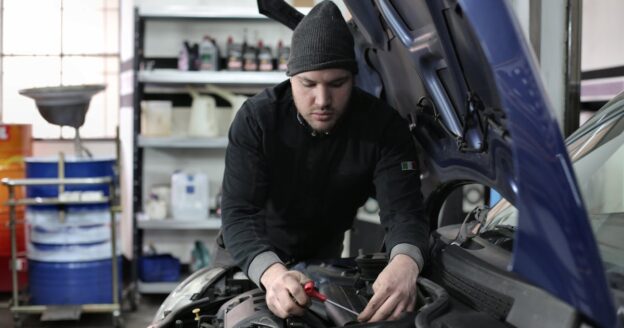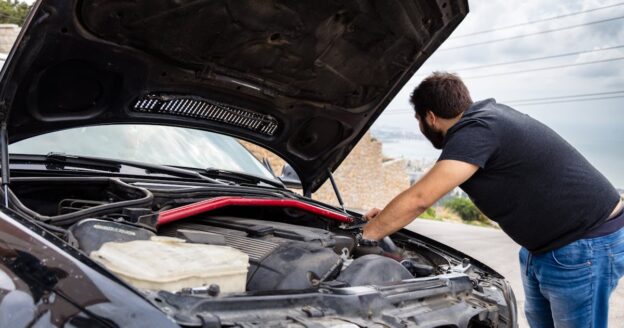Repossessed (repo) vehicles can be an attractive option for buyers looking for a deal on a car, truck or motorcycle. However, the world of repo vehicles often comes with many questions, given its unique nature and the circumstances surrounding the acquisition of these vehicles. Here are answers to some of the most frequently asked questions about repo vehicles to help you navigate this market.
What is a Repo Vehicle?
A repo vehicle is one that has been repossessed by a lender or financial institution from the previous owner due to non-payment of the loan. These vehicles are then sold by the lender, often at auction, to recover the unpaid loan balance.
Are Repo Vehicles a Good Deal?
Repo vehicles can be a good deal, as they are often sold for less than market value to quickly recover the loan balance. However, the condition of these vehicles can vary greatly, and they may require additional investment for repairs and maintenance.
Where Can I Buy a Repo Vehicle?
Repo vehicles are typically sold through auctions, which can be online or in-person. Some financial institutions sell their repo vehicles directly to the public or through dealerships. Find them on RepoFinder.com. Additionally, there are specific websites and auction houses that specialize in repo and seized vehicle sales.
Can I Inspect a Repo Vehicle Before Buying?
Inspection policies vary depending on where the vehicle is being sold. Auction houses may allow for visual inspections before the auction but often do not allow test drives. Direct sales from financial institutions or through dealerships may offer more flexibility for inspection. Always inquire about the inspection policy before participating in a sale.
Are There Risks in Buying a Repo Vehicle?
Yes, there are risks, as repo vehicles are sold as-is, without any warranty or guarantee. There is often limited information available about the vehicle’s history, and potential hidden damage or mechanical issues could result in additional costs.
How Can I Minimize Risks When Buying a Repo Vehicle?
To minimize risks, conduct thorough research on the vehicle, including a VIN check for its history report. If possible, inspect the vehicle in person or have it inspected by a professional mechanic. Set a budget that includes potential repair costs, and stick to it during the bidding process.
Can I Finance a Repo Vehicle?
Financing a repo vehicle is possible, but it may be more challenging than financing a new or used vehicle through a dealership. Some lenders may be hesitant to finance vehicles with uncertain histories. It’s advisable to arrange financing in advance and to explore options with credit unions or banks that may be more open to financing repo vehicles.
What Should I Do After Buying a Repo Vehicle?
After purchasing a repo vehicle, you should:
- Check the vehicle thoroughly, preferably with a mechanic, to identify any issues or necessary repairs.
- Complete any required registration and insurance paperwork.
- Plan for immediate and future maintenance to ensure the vehicle is safe and reliable.
Final Thoughts
Buying a repo vehicle can offer significant savings, but it’s important to approach these deals with caution and due diligence. By understanding the process, recognizing the potential risks and taking steps to minimize those risks, buyers can find valuable deals in the repo vehicle market. Remember, the key to a successful purchase is research, inspection and realistic budgeting. To browse repossessed vehicles available for purchase, visit RepoFinder.com today.











